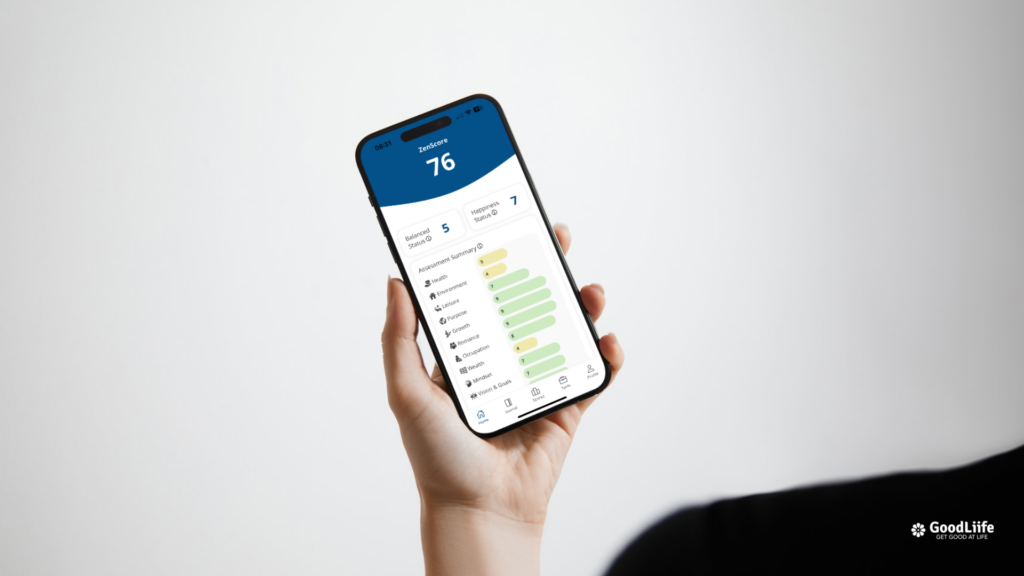What Is a Divorce Therapist?
A divorce therapist is a licensed mental health professional who specializes in helping individuals and families navigate the emotional challenges of divorce. Unlike general therapy, divorce therapy is focused on managing grief, rebuilding identity, and developing healthy coping strategies during and after a separation. Whether you’re in the early stages of a breakup or adjusting to life post-divorce, a divorce therapist offers tailored support to help you process the complex emotions involved.
Why You Might Need a Divorce Therapist
Going through a divorce can feel like emotional whiplash. One moment you’re grieving, the next you’re angry or relieved—and sometimes all three at once. A divorce therapist helps you sort through these waves of emotion in a safe, structured way.
1. You Feel Overwhelmed by Emotions
Divorce triggers intense feelings like sadness, fear, resentment, and guilt. If these emotions are affecting your ability to work, parent, or function day-to-day, therapy can offer relief and clarity.
2. You’re Stuck in the Past
A therapist can help you release rumination, regret, or anger over what went wrong. This allows you to shift your focus to the present and start building a new, healthier narrative.
3. You’re Navigating Co-Parenting Conflicts
Divorce therapists can support parents in managing post-separation tension, improving communication, and creating co-parenting plans that prioritize the child’s well-being.
4. You Want to Rebuild Your Confidence and Identity
Divorce often shakes your sense of self. A therapist can guide you in rediscovering your personal values, setting new goals, and moving forward with greater self-awareness.
5. You’re Struggling With Guilt or Shame
Many people carry emotional baggage from a divorce—especially if they initiated it. Therapy helps you work through guilt, forgive yourself, and foster self-compassion.

What to Expect in Divorce Therapy
Divorce therapy isn’t just about talking through your pain—it’s a guided process of emotional recovery, self-discovery, and practical rebuilding. Sessions are designed to help you process the emotional toll of divorce while giving you tools to cope, communicate, and create a meaningful life beyond the separation.
Emotional Processing, Skill-Building, and Future Planning
A divorce therapist creates a safe space where you can explore difficult feelings like anger, guilt, grief, fear, or even relief—without judgment. As you move through these emotions, your therapist helps you develop actionable strategies to navigate life after divorce. Depending on your unique situation, therapy may include:
Cognitive Behavioral Therapy (CBT)
CBT helps you recognize and reframe distorted thought patterns that can keep you stuck in sadness, blame, or self-doubt. By identifying negative beliefs (like “I’m a failure” or “I’ll never find love again”) and replacing them with healthier, more realistic perspectives, CBT supports emotional regulation and builds long-term resilience.
Narrative Therapy
Divorce can make you feel like your life story has been shattered. Narrative therapy helps you retell your story with a focus on growth, strength, and agency. Instead of being defined by the divorce, you begin to see yourself as someone who overcame it—and is now creating a more aligned life.
Mindfulness and Emotional Regulation
Mindfulness techniques—such as deep breathing, meditation, and body awareness—help calm your nervous system and reduce anxiety. Your therapist may also teach emotional regulation skills so you can manage triggers, reduce emotional outbursts, and stay grounded in difficult moments.
Goal Setting and Life Redesign
Your future doesn’t have to be uncertain. Therapists often help you set small, achievable goals that give structure to your days and direction to your recovery. These goals may include rebuilding your self-esteem, improving parenting routines, or re-entering the dating or job market when you’re ready.
Homework Between Sessions
Growth doesn’t only happen in the therapy room. To reinforce healing and build momentum, your therapist may give you personalized exercises, such as:
- Journaling prompts for emotional clarity
- Daily affirmations to boost confidence
- Boundary-setting role-plays
- Communication scripts for co-parenting or closure conversations
These practices help you apply what you’ve learned to real-life situations and continue growing in between sessions.
Types of Divorce Therapy: Individual, Couples, and Family
Not all therapy is one-size-fits-all. Depending on your family structure, emotional needs, and goals, there are several types of divorce therapy that may support your journey:
Individual Divorce Therapy
This is the most common form of therapy during or after a separation. It focuses on your personal healing—processing grief, reducing stress, and exploring who you are outside the marriage. It’s especially helpful if you’re dealing with anxiety, depression, self-esteem issues, or the need to rebuild your identity.
Couples or Co-Parenting Therapy
Divorced or divorcing couples can still benefit from therapy together—especially if children are involved. A therapist acts as a neutral third party to:
- Improve post-divorce communication
- Set clear and respectful boundaries
- Create effective co-parenting plans
This type of therapy helps both partners reduce conflict, avoid legal escalation, and protect the emotional health of their children.
Family Divorce Therapy
Divorce doesn’t just impact the couple—it affects the entire family system. Children and teens, in particular, may struggle with fear, confusion, or emotional withdrawal. Family therapy provides a supportive space where everyone can:
- Express their feelings openly and safely
- Understand and adjust to new family dynamics
- Rebuild a sense of trust, stability, and connection
It’s a valuable tool for fostering resilience and emotional safety in children during a difficult transition.
How the GoodLiife Score App Complements Therapy
While therapy provides emotional insight, the GoodLiife Score App helps you monitor how divorce is impacting other areas of your life—so you can track your full recovery, not just your feelings.

The app assesses your well-being across 8 life categories: Health, Environment, Leisure, Purpose, Growth, Relationships, Occupation, and Wealth.
With GoodLiife Score, you can:
- Identify life areas that need attention or support
- Set small, achievable goals to improve your overall balance
- Track emotional growth over time as you go through therapy
- Build habits that support long-term healing and confidence
Therapy guides your heart. GoodLiife guides your whole life.
Final Thoughts
A divorce therapist isn’t just for when you’re falling apart—they’re for when you’re ready to rebuild. Whether you’re seeking clarity, emotional relief, or guidance on starting over, therapy offers tools that can change your life after divorce. Paired with self-tracking tools like the GoodLiife Score App, you’ll have the emotional and practical support you need to move forward—stronger, wiser, and fully in charge of your next chapter.
